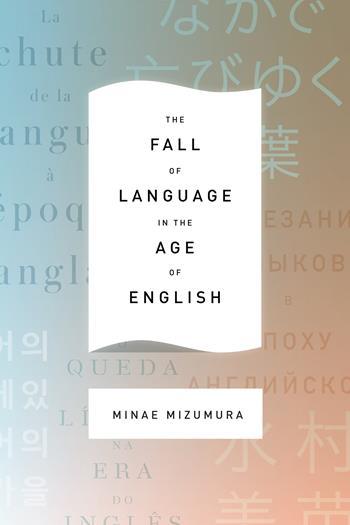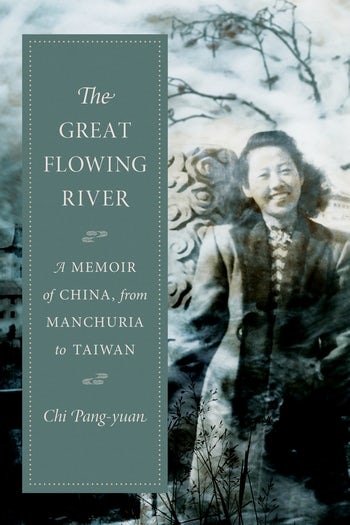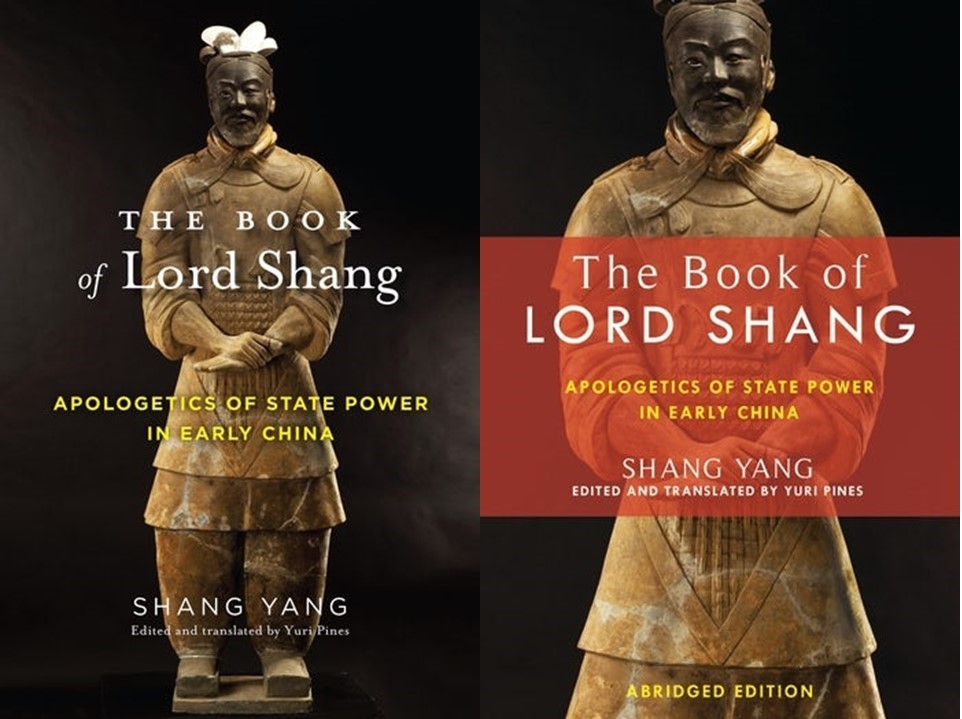Minae Mizumura and Rebecca Walkowitz on World Literature and the Dominance of English
“For a long time, we’ve assumed that all books begin in one language, often called a ‘native language,’ and then travel out to other languages. This is how we’ve expected ‘world literature’ to work. But today, many books begin in several languages—they start as world literature…”—Rebecca Walkowitz
This week we’ve been featuring works of world literature that we’ve recently published. World literature and translation have also emerged as topics of critical and scholarly interest as is evident in two books we’ve published over the last couple of years. The first is The Fall of Language in the Age of English by Minae Mizumura and translated by Mari Yoshihara and Juliet Winters Carpenter. In the book, the novelist and critic Mizumura examines what it lost for humanity when one language begins to dominate. For more on the book you can read an excerpt from the introduction, “Under the Blue Sky of Iowa”. We were also lucky enough to have the opportunity to interview Mizumura, in which she discusses, among other things, translations of her own work, the controversial reception her book received in Japan, and her experiences in the United States. The interview concludes with her advice to authors, who write in languages besides English:
I’m inclined to give two totally opposite pieces of advice. Let us say that you are a young Japanese writer. On the one hand, if your ultimate goal is to be translated into English and be known outside Japan, it might be best to read contemporary American novels in translation (or in the original, if you can) and model your work on them. Throwing in some discernible Japanese exotica would be helpful: cherry blossoms, ramen, or robots, for example. On the other hand, if your ultimate goal is to work with all the potential the Japanese language offers, and to give a fresh understanding of the world in which you live through that language, I would first recommend reading and rereading invaluable works written in Japanese.
The question of translation is also taken up by Rebecca Walkowitz in her book Born Translated: The Contemporary Novel in an Age of World Literature. Like Mizumura, Walkowitz acknowledges the ubiquity of English and and examines how major contemporary writers, including J. M. Coetzee, Junot Díaz, Jonathan Safran Foer, Mohsin Hamid, Kazuo Ishiguro, and Jamaica Kincaid, challenge this dominance. She also examines the ways in which the creation and reception of literature changes in an age where works are almost instantaneously published in translation.
Here is an excerpt from the introduction, Theory of World Literature Now. In our interview with Rebecca Walkowitz, she defines the concept of “born-translated”:
For a long time, we’ve assumed that all books begin in one language, often called a ‘native language,’ and then travel out to other languages. This is how we’ve expected ‘world literature’ to work. But today, many books begin in several languages—they start as world literature…”





